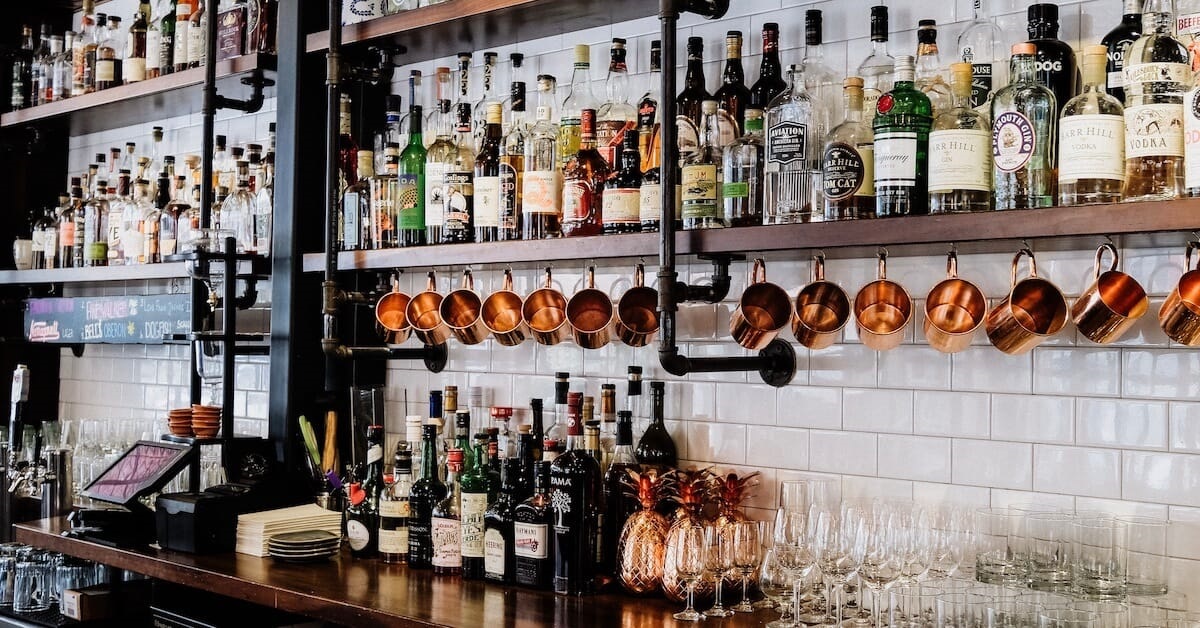If you’re an entrepreneur looking to open a bar, restaurant, or any other establishment where alcohol will be served, obtaining a liquor license is a crucial step in your business journey. A liquor license is a legal permit that allows you to sell and serve alcoholic beverages within specific legal guidelines. The process of obtaining a liquor license can be complex and time-consuming, but with the right knowledge and preparation, you can navigate it successfully. In this blog post, we will guide you through the step-by-step application process for obtaining a liquor license.
Step 1: Research and Understand Local Regulations
The first and most crucial step is to research and understand the liquor licensing laws and regulations in your local area. Liquor laws can vary significantly from one jurisdiction to another, so it’s essential to know the specific requirements, fees, and restrictions that apply to your business location. Typically, liquor licenses are issued by state or provincial authorities, and in some cases, by municipal or county authorities. Ensure you are familiar with the specific governing body responsible for issuing liquor licenses in your area.
Step 2: Choose the Right Type of Liquor License
Next, determine the type of liquor license that best suits your business needs. The types of licenses available may include on-premises consumption, off-premises consumption, special events permits, and more. Each license type comes with its own set of restrictions and privileges, so carefully consider your business model and the type of alcohol sales you intend to conduct.
Step 3: Meet Eligibility Requirements
Before applying for a liquor license, make sure your business meets all the eligibility requirements set forth by the licensing authority. Common requirements may include age restrictions for applicants, background checks for owners and managers, and compliance with zoning regulations. Some jurisdictions may also have limits on the number of liquor licenses issued in a given area, so ensure your location is eligible for one.
Step 4: Obtain the Necessary Documentation
The application process for a liquor license often requires a substantial amount of documentation. You might be required to supply certain common documents, such as:
- Business license or certificate of incorporation.
- Proof of ownership or lease agreement for the business premises.
- Floor plan and layout of the establishment.
- Financial statements and business plan.
- Health and safety permits.
- Background checks and fingerprints for all owners and managers.
- Documentation proving compliance with local zoning laws.
Step 5: Submit the Application
Once you have gathered all the required documentation, it’s time to submit your liquor license application. Be sure to double-check that all the necessary forms are completed accurately and include any required fees. Missing information or errors in the application can cause delays or rejections.
Step 6: Attend a Public Hearing (if required)
In some jurisdictions, the liquor license application may require a public hearing where local residents and community members can express their opinions on your business’s suitability for obtaining a liquor license. Be prepared to address any concerns or questions raised during this hearing.
Step 7: Wait for Approval
After submitting your application and attending any required hearings, you must wait for the licensing authority to review and process your application. The time it takes to receive approval can vary widely depending on your location and the complexity of your application. During this waiting period, it’s crucial to remain patient and avoid any premature alcohol sales before obtaining the official license.
Step 8: Comply with Ongoing Requirements
Congratulations! Once your liquor license is approved and issued, you can begin legally selling and serving alcohol. However, keep in mind that holding a liquor license comes with ongoing responsibilities. You must adhere to all local and state alcohol regulations, including age restrictions, hours of operation, and reporting requirements.
Step 9: Educate Your Staff on Responsible Alcohol Service
As a business owner with a liquor license, it’s crucial to prioritize responsible alcohol service. Educate your staff on the importance of checking IDs to verify the legal drinking age and recognizing signs of intoxication. Implementing responsible alcohol service practices can help prevent incidents of overconsumption and potential legal issues for your establishment.
Step 10: Renew and Maintain Your Liquor License
Liquor licenses typically have an expiration date, and it’s essential to stay on top of the renewal process. Plan ahead and submit your renewal application well before the expiration date to avoid any disruptions in your business operations. Additionally, be aware of any changes in regulations that may affect your license, and ensure that you comply with all updates to maintain your license status.
Step 11: Engage with the Community
Building a positive relationship with the community can be beneficial when applying for a liquor license. Engage with local residents and businesses to address any concerns they may have about your establishment. Being an active and responsible member of the community can improve your chances of obtaining support during the licensing process.
Step 12: Prepare for Inspections
After receiving your liquor license, your establishment may be subject to periodic inspections to ensure compliance with alcohol regulations. Stay organized and keep your records up to date to make the inspection process smoother. Train your staff to handle inspections professionally, and address any issues promptly if they arise during an inspection.
Step 14: Consider Special Licenses and Events
Depending on your business model, you may want to explore additional licenses or permits to host special events or offer unique alcohol-related services. Special licenses might include catering permits or permits for festivals or other temporary events. Investigate the requirements and opportunities in your area to expand your business offerings.
Conclusion
Obtaining a liquor license is a necessary and sometimes challenging process for any business looking to serve alcohol. By researching and understanding the local regulations, choosing the right type of license, meeting eligibility requirements, providing the necessary documentation, and submitting a complete application, you increase your chances of a successful outcome. Remember, compliance with ongoing requirements is equally important to maintain your liquor license in good standing. With diligence and patience, you’ll soon be able to raise a toast to the successful launch of your business!



